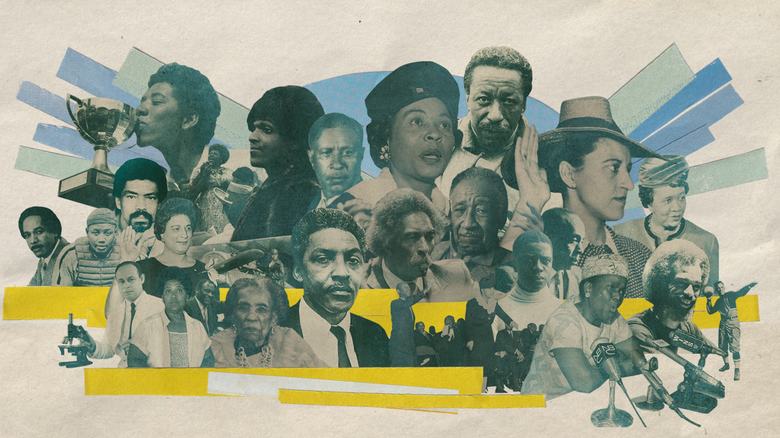Playwright’s Moment in the Sun
“What happens to a dream deferred? Does it dry up / like a raisin in the sun?” That very line, written by Langston Hughes in his poem “Harlem” inspired a long legacy to come, eventually reaching Lorraine Hansberry. Inspired by the poem in 1959, she released a Broadway musical named “A Raisin in the Sun.” The play tells the story of a black family in the height of segregation, living in south Chicago. The family attempts to deal with their poor financial situation, whilst dealing with housing discrimination, racism, and assimilation. it is named one of the best players ever written by many.
The play takes a lot of inspiration from Hansberry’s own life, being a black girl in a white neighborhood. She too was born in Chicago in 1930, when the world was arguably at its worst with segregation. She and her family were harassed by her white neighbors trying to force them out, but they did not waver. It’s what she took from her upbringing and what she created on paper, making her a notable playwright, and as it is, she is the first African-American female author to have had her play performed on Broadway.
Before the final draft of her screenplay adaptations, she had written two other drafts. On her third and final draft, which she submitted to Columbia Pictures, the stage play was green lit, and the film adaptation of “A Raisin in the Sun” was cemented, forever being reachable in the hands of the future generations.
It was not only Lorraine Hansberry that was remarkable, but the actors themselves were breathtaking in their performance. One of these actors was notorious Sydney Poitier, who was nominated as Best Actor in a Play for the Tony Awards.
To send you off, I have just a few remaining things to mention. Don’t let yourself live your life without watching this play. Even in our world now, we can all learn lessons from it. Lorraine Hansberry wanted to show the world black life in a time where it was oppressed, and the oppression still lingers. Tears will be shed and laughter will rise to the surface watching this play, no matter who you are, and it’s an experience to never live down.
And before watching the movie or reading the play, take a moment to appreciate Langston Hughes and his poem, “Harlem.” It goes:
What happens to a dream deferred?
Does it dry up
like a raisin in the sun?
Or fester like a sore— And then run?
Does it stink like rotten meat? Or crust and sugar over— like a syrupy sweet?
Maybe it just sags like a heavy load.
Or does it explode?
Your donation will support the student journalists of Putnam City North High School. Your contribution will allow us to purchase equipment and cover our annual website hosting costs.


































